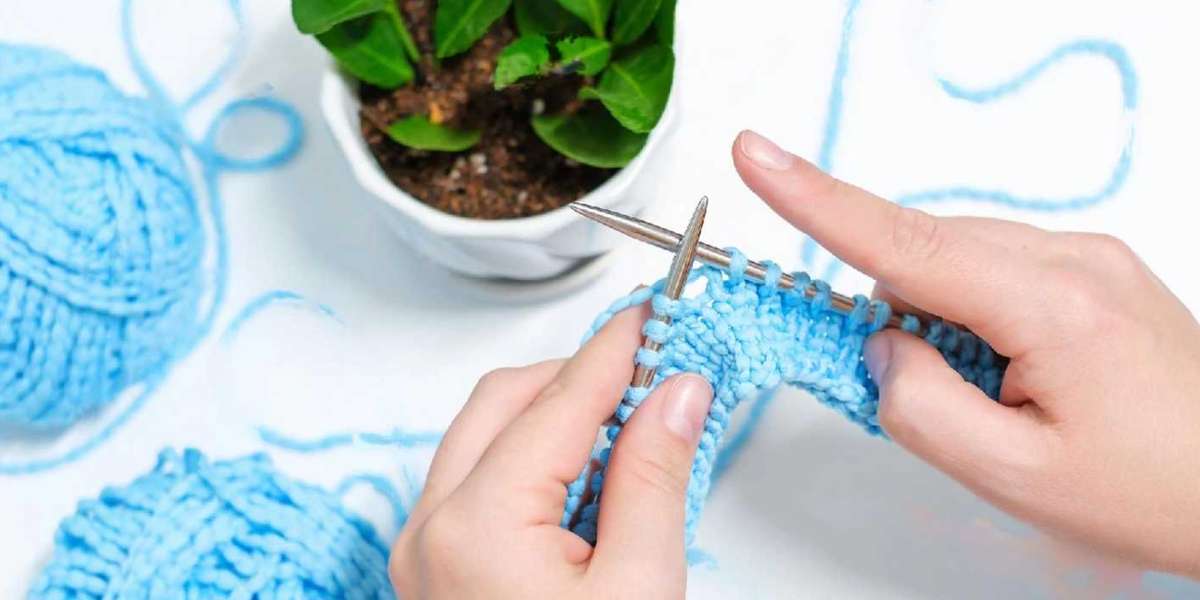Healthcare uniforms play a vital role in maintaining safety, hygiene, and professionalism within medical environments. From hospitals to clinics, nursing homes to dental practices, the attire worn by healthcare professionals serves various purposes. In this article, we will delve into the significance of healthcare uniforms and explore the reasons why they are crucial for both patients and healthcare providers. By understanding the importance of these garments, we can appreciate the positive impact they have on the overall healthcare experience.
1. Promoting a Safe Environment
Healthcare uniforms are designed to create a safe environment for both patients and healthcare workers. They serve as a visual representation of professionalism and cleanliness, instilling confidence in patients. The distinct appearance of healthcare uniforms allows patients to easily identify medical personnel and establish a sense of trust. Additionally, medical uniforms help prevent the spread of infections by acting as a barrier between contaminants and individuals.
2. Maintaining Hygiene Standards
In healthcare settings, maintaining high levels of hygiene is of utmost importance. Healthcare uniforms are specifically tailored to meet these hygiene standards. They are often made from fabrics that can withstand frequent washing at high temperatures, ensuring effective sterilization. The uniform's design also takes into consideration factors such as easy removal, minimizing the risk of cross-contamination.
3. Enhancing Professionalism and Branding
Healthcare uniforms contribute to the overall professionalism and branding of medical institutions. Nurse Uniforms provide a cohesive and standardized appearance, fostering a sense of unity among healthcare professionals. This cohesive look not only enhances teamwork and collaboration but also reflects positively on the institution's reputation. Patients are more likely to trust and have confidence in a healthcare facility that exhibits professionalism through the attire of its staff.
4. Comfort and Functionality
Apart from safety and hygiene considerations, healthcare uniforms are designed with the comfort and functionality of the wearer in mind. Healthcare professionals spend long hours on their feet, requiring attire that allows freedom of movement and provides comfort throughout the day. Many modern healthcare uniforms are made from breathable materials that regulate body temperature and reduce discomfort, ultimately enhancing the well-being and performance of medical personnel.
5. Psychological Impact on Patients
The psychological impact of healthcare uniforms on patients should not be underestimated. Patients often feel vulnerable and anxious in medical settings, and the presence of well-dressed and professional healthcare providers can have a calming effect. Uniforms create a sense of authority, competence, and expertise, reassuring patients that they are in capable hands. This psychological aspect of healthcare uniforms contributes to the overall patient experience and aids in building a positive doctor-patient relationship.
Conclusion:
Healthcare uniforms serve a multitude of purposes, ranging from ensuring safety and maintaining hygiene to enhancing professionalism and fostering patient trust. These garments play a crucial role in creating a secure environment and promoting positive interactions between healthcare providers and patients. As we have explored in this article, healthcare uniforms are far more than mere pieces of clothing—they are symbols of expertise, compassion, and dedication to patient care.







